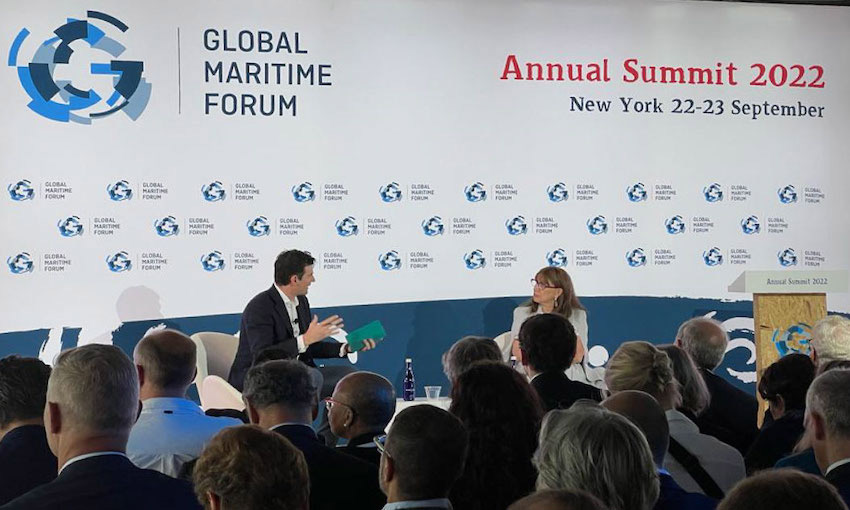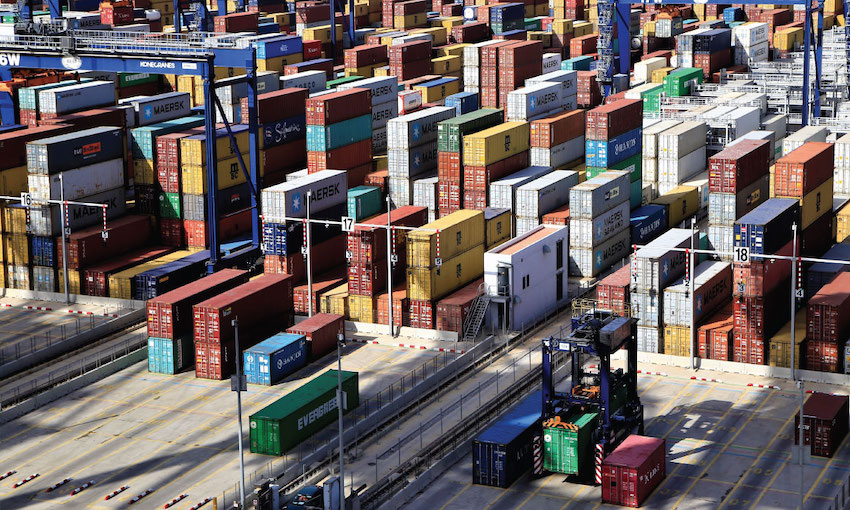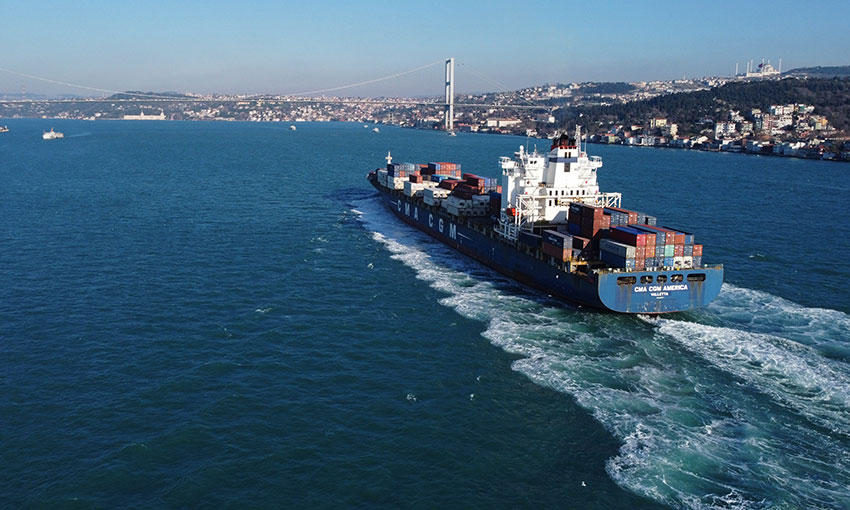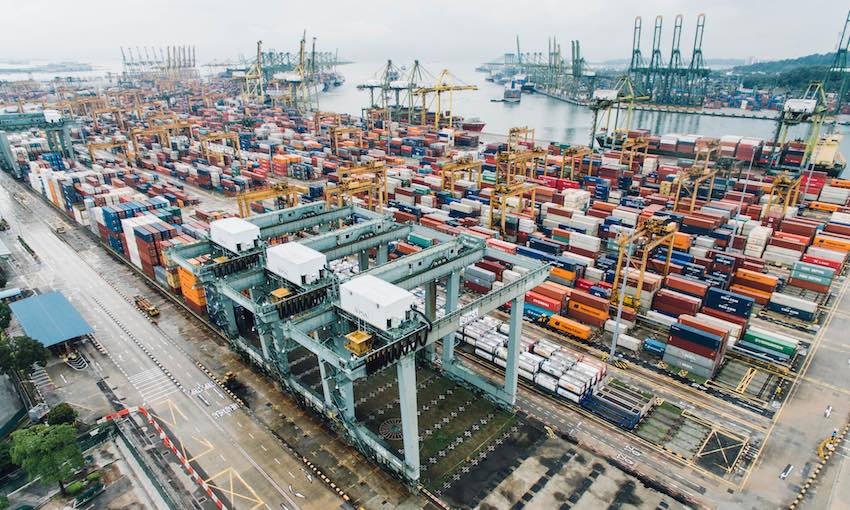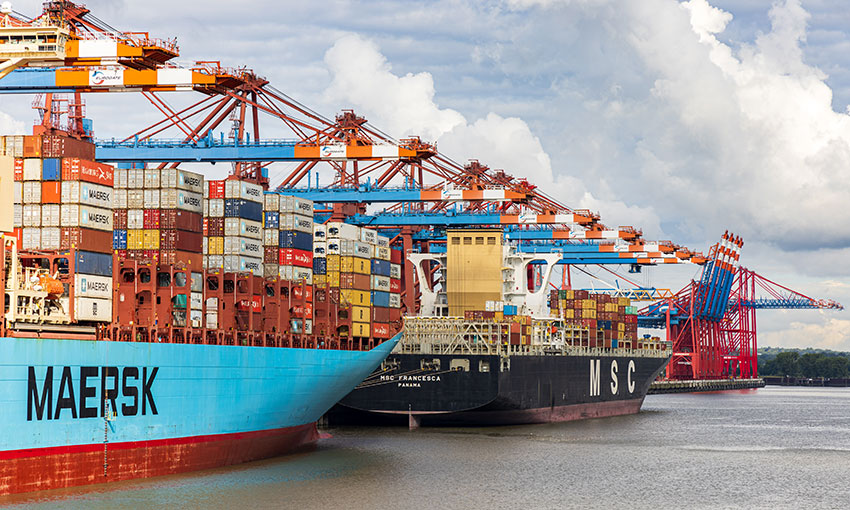THE United Nations Conference on Trade and Development has told the shipping industry it faces “rougher seas ahead” during what it describes as a historic moment of crisis.
UNCTAD secretary-general Rebeca Grynspan addressed the industry at the Global Maritime Forum’s annual summit in New York last week and shared the United Nations’ perspective on the evolving role of maritime trade.
Ms Grynspan highlighted how the maritime industry cushioned the impact of the war in Ukraine on global supplies by carrying most of the food, energy and fertilisers people desperately need.
The Black Sea Grain Initiative which has so far facilitated the export of more than 2.7 million metric tons of grain and other foodstuffs from Ukraine has helped calm food markets and limit food price inflation, according to the UN.
The initiative established a maritime corridor in the Black Sea to enable ship to leave Ukrainian ports of Odesa, Chornomorsk and Yuhzny (Pivdenny) carrying grain.
“The Black Sea Grain Initiative and the agreement for unimpeded access to Russian food and fertilisers are now proven concepts,” Ms Grynspan said.
“But this is only a fraction of what can be done, and what the world needs for prices to come down to affordable levels for the developing countries, or for the world to have enough fertilisers to feed itself next year.”
Even though global food prices are falling, domestic prices in many developing countries are still going up as their currencies struggle to compete with a stronger US dollar, fuelled by rising interest rates.
“I have seen you sail through literally mined waters. I have seen you work the ports in the middle of a war zone,” she said.
“There are rougher seas ahead, and we will need your bravery more than ever before.”
Ms Grynspan said maritime trade will become more important over the coming years as challenges increase. She used natural gas as a case example.
“The seaborne LNG market has taken off this year as a way to cope with gas pipeline disruptions,” she said.
“For the first time in history, this year at least half of Europe’s natural gas consumption will be brought by ships.
“The problem is that there might not be enough LNG to go around – we are already seeing reports of countries in Asia being priced out of LNG spot markets.”
Ms Grynspan said UN calculation indicate the LNG market is missing around 50 billion cubic meters of gas to meet everyone’s demand, about 10% of last year’s total LNG exports.
“This is why your investments are so important. We need more, and not less, LNG carriers and infrastructure.”
She said the “rough, costly and messy” realignment of trader would create a significant opportunity for maritime businesses.
“As maritime routes become longer, whole new supply chains are built, new ports join the global trade, we will more and different ships, new ports, more terminals, bunkering stations and new capacities for businesses, crew and dock workers,” she said.
“We need you. The world needs you. The seas are rough. Let’s brave them together.”

